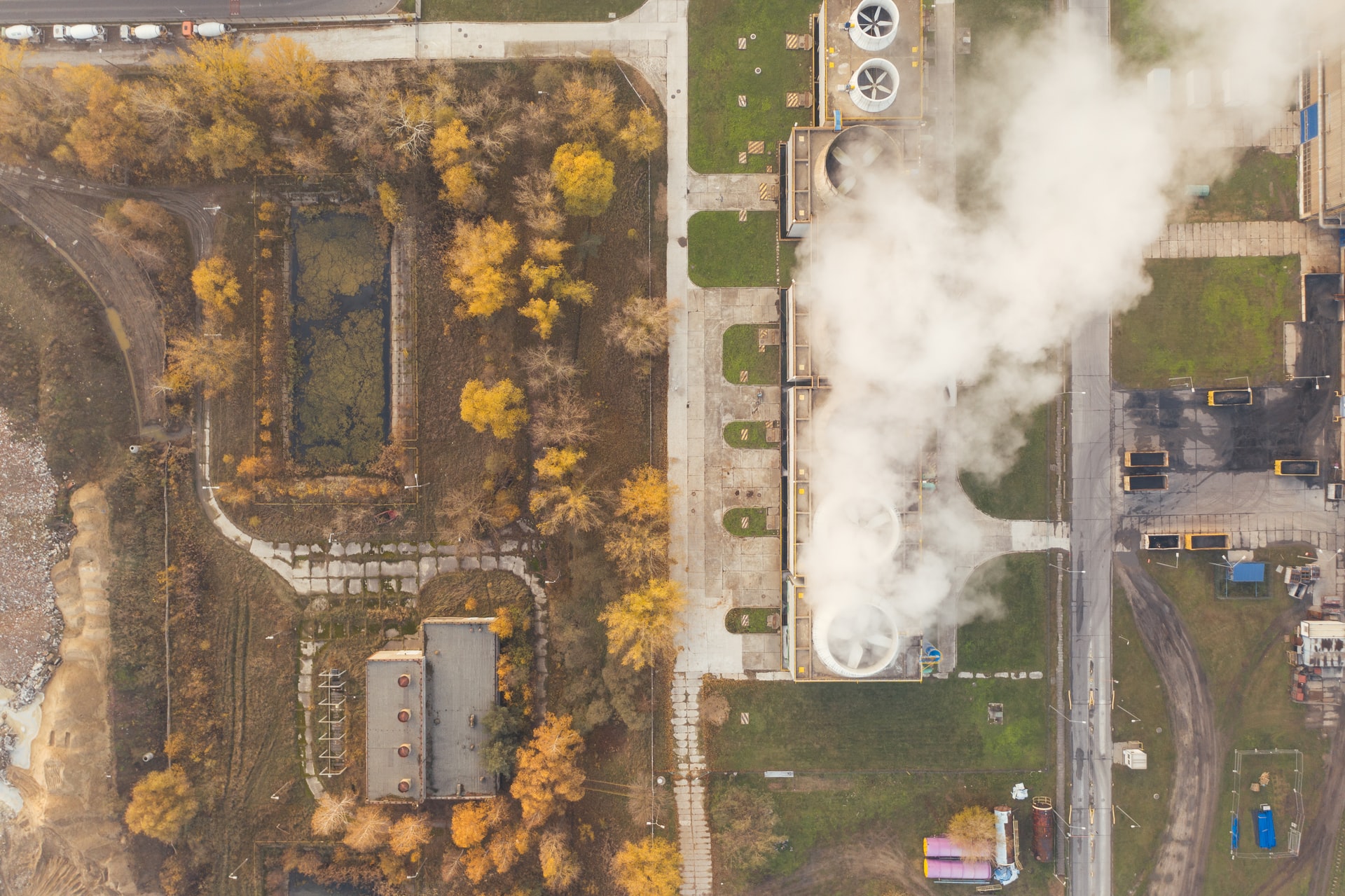Soaring Natural Gas Prices Push Europe to a Looming Energy Crisis

Europe has experienced a historical surge in natural gas prices amid the economic effects associated with the virus and the government response to the virus. The record-high increase in natural gas prices in the EU region has raised concerns that ordinary consumers will face higher energy bills considering the increasing demand for fuel in the global scene.
Energy contracts were trading at 118 Euros per megawatt-hour on Sunday only a few minutes after midday in London. The November contract was up by over 18% in a day, presenting a new high. Natural gas prices have experienced a 400% increase from the start of 2021.
But why are natural gas prices rising? Apart from the increasing global demand, the world faces an economic rebound as nations lift the COVID bans with entire economic operations. In essence, global markets are facing tough competition after the shock of the pandemic. So literally, there’s a significant increase in the demand for natural gas.
This demand is expected to persist over the next few years. It means that the energy crisis is likely to continue for a while as more leaders look toward a bright utopian future with green energy.
A Rise in Demand for Commodities Amid the Energy Crisis
Apart from the increasing demand for commodities in the market, there’s also a significant surge in the direction of natural gas, particularly in East Asia and Europe that have experienced long winters. As a result, market competition for natural gas in these two markets has led to price increments.
There are points of speculation that Russia could be taking advantage of the current crisis to increase the demand for the newly established Nord Stream 2 pipeline by limiting the amount of natural gas it sends to Europe for storage. Remember, Russia is the largest natural gas exporter to Europe.
While there is no clear evidence for this fact, and it may simply be that it is merely supply and demand economics at play, it does seem to be an issue that a few leaders in EU are pointing to.
The end-level consumer will be affected the most by the current situation. In particular, those who lack fixed-price contracts on electricity and heating are most likely to spend more on their energy bills. Remember, apart from representing 20% of Europe’s electricity, natural gas is essential in heating homes in the EU bloc. Countries like Spain and Italy have laid plans to cut energy taxes to cushion their locals.
